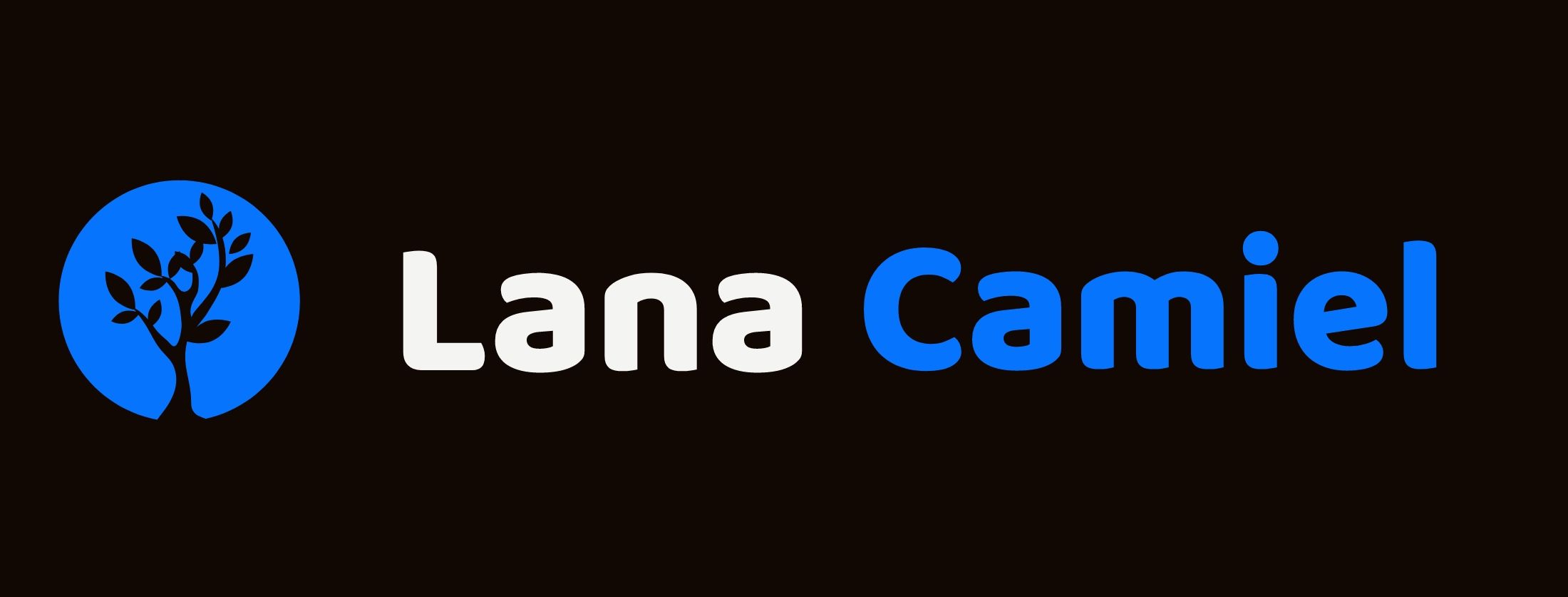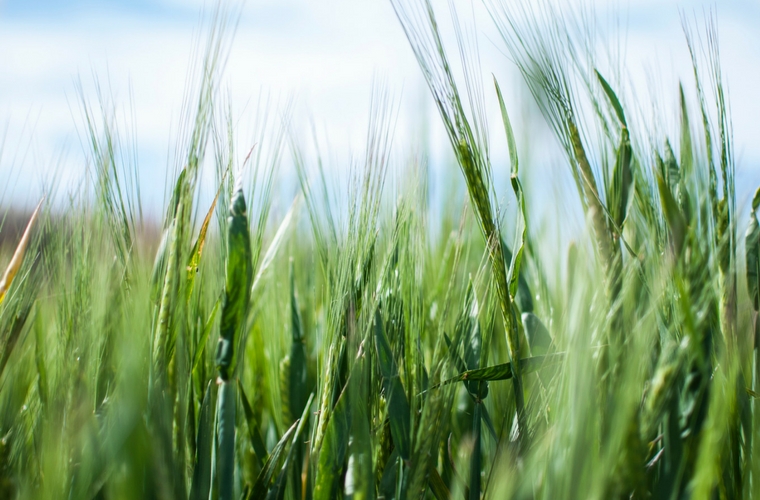Image courtesy of Unsplash/Alonso Navarro
Oatmeal then…
When I was a young girl, my grandmother used to stress the importance of eating my oatmeal. The main argument usually had something to do with oatmeal being the breakfast of choice for the Queen of England.
I think my grandmother’s intel wasn’t quite right but she was very persuasive. Eventually I learned to appreciate oatmeal as a nutritious breakfast.
Oatmeal now…
Over the years, especially after I started studying herbs, my oatmeal recipe has expanded and multiplied quite a bit. I began using oatmeal as a vehicle for bringing herbs and spices into my daily life.
Today my oatmeal incorporates cinnamon, vanilla, turmeric, goji berries, pumpkin seeds, chia seeds, black seed, sometimes other nuts and seeds, coconut oil, slippery elm (from time to time) and applesauce on the top.
I love complex flavors, but clearly recognize it might be too much for someone else. The base of that recipe (oats and water) still remains an important healthy contribution to my day.
Amazing medicine
You might know that oats and oat bran are sources of soluble fiber helpful to lower cholesterol, triglyceride and even blood sugar levels. People who eat them regularly are able to better maintain healthy weight or even reduce their weight.
In addition to the seeds in rolled and slow cooked oats, herbal medicine utilizes other parts of plant. Milky seeds and straw are good examples.
Each year for about one week during their growth cycle oats pods containing the seeds, when squeezed, produce a milky substance called latex. These oat seeds are harvested in the milky stage for medicinal use. They are ground and preserved with alcohol or glycerin to make an ‘oat seed tincture’.
One of my teachers David Winston teaches that the best tincture of milky oats is made from fresh seeds. Drying them diminishes the therapeutic activity.
Milky oats are very safe and supportive to your body. Another herbalist Margi Flint, describes milky oats as the mother’s milk in terms of the plant’s emotional effect.
Now let’s look at three different reasons for using oats medicinally
1. Nerve health
Milky oats are an important nervine trophorestorative (otherwise described as food for your nervous system).
This plant have been traditionally used for a variety of disorders related to nervous system. Some examples include anxiety, agitation, irritability, depression, attention deficit hyperactivity disorder, nervous palpitations, nervous exhaustion, enhancement of cognitive function, decrease in cravings from amphetamine/cocaine/caffeine/nicotine withdrawal and more.
Milky oats is a slow remedy that works over time, and is typically a part of a long-term protocol.
If you’d like to experiment with milky oats, several of my favorite companies that sell the alcohol or glycerin based preparations include Herbalist & Alchemist, Herb Pharm and Gaia Herbs.
2. Skin health
I can remember several episodes when a friend or relative would call asking for something to help with their itching skin. Most families have oats in their kitchen and this treatment is easy to come by.
Whether you have itchy, dry or irritated skin, or suffering from dermatitis, adding raw rolled oats to your bath/shower is a smart thing to do.
I typically recommend putting oats in a cotton sock to avoid clogging your pipes – please make sure to tie the sock. The wet sock can be used on the irritated skin in a bathtub/shower instead of a sponge. The sliminess you’ll feel is a perfect healer and soother for your skin.
3. Nutritive
As you have probably figured out by now, I love my nutritious oatmeal. I shared with you the importance of milky oats and rolled seeds.
There is another source of minerals in this plant that you can explore. It’s called oat straw. Sometimes it is sometimes used as tea, but usually better absorbed in capsules.
Companies like Mountain Rose Herbs sell oatstraw that you can use. Another way to go is by exploring herbal formulas that carry it as one of the ingredients.
One word of caution
Patients with Celiac disease are typically recommended to avoid oats due to gluten present in the mature plant. This, however, is not black or white.
There is some contradictory research on whether patients with Celiac disease can tolerate regular consumption of oats.
Questions: What’s your favorite oatmeal recipe? Have you ever heard of all the medicinal uses for this plant?


